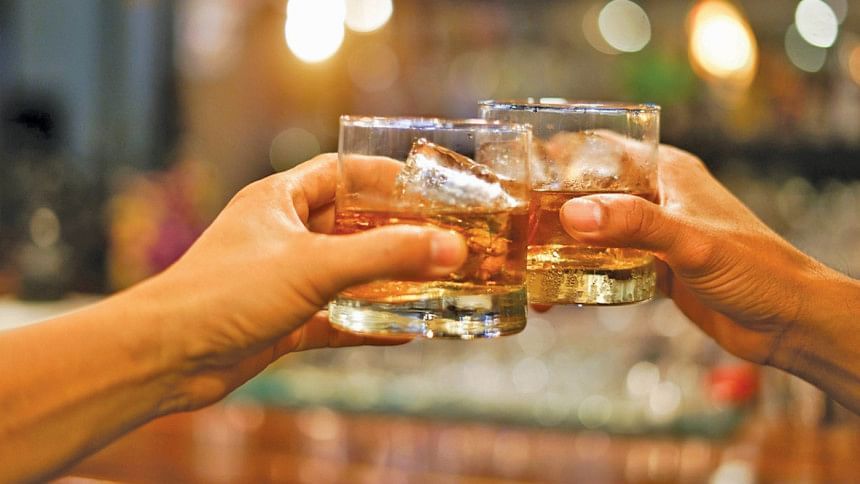Alcohol consumption linked to more than 740,000 new cancer cases in 2020

Four percent of newly diagnosed cancer cases in 2020 may by associated with drinking alcohol, according to a global study published in The Lancet Oncology, leading its authors to call for greater public awareness of the link between alcohol and cancers and increased government interventions to reduce alcohol consumption in worst-affected regions.
The study estimates that men accounted for 77% (568,700 cases) of alcohol-associated cancer cases, compared with women, who accounted for 23% of cases (172,600). Cancers of the oesophagus, liver, and breast accounted for the largest number of cases.
It is estimated that in 2020, there were more than 6.3 million cases of mouth, pharynx, voice box (larynx), oesophageal, colon, rectum, liver, and breast cancer. These cancers have well-established causal links to alcohol consumption, and the estimates of the direct associations with alcohol in the new study are the first of their kind for 2020. Disruptions to health care and cancer services across the world due to the COVID-19 pandemic are likely to have affected diagnosis rates for that year and may have led to an underestimation of new cancer cases in the recorded data.
Raising awareness about the link between alcohol consumption and cancer risk among policymakers and the general public is urgent. Public health strategies, such as reduced alcohol availability, labelling alcohol products with a health warning, and marketing bans could reduce rates of alcohol-driven cancer. Local context is essential for successful policy around alcohol consumption and will be key to reducing cancer cases linked to drinking.

 For all latest news, follow The Daily Star's Google News channel.
For all latest news, follow The Daily Star's Google News channel. 



Comments